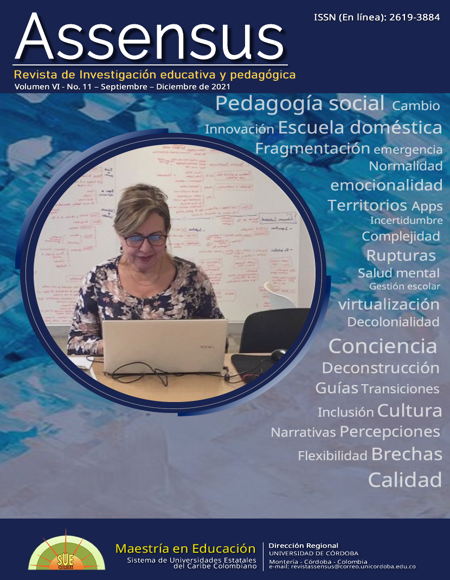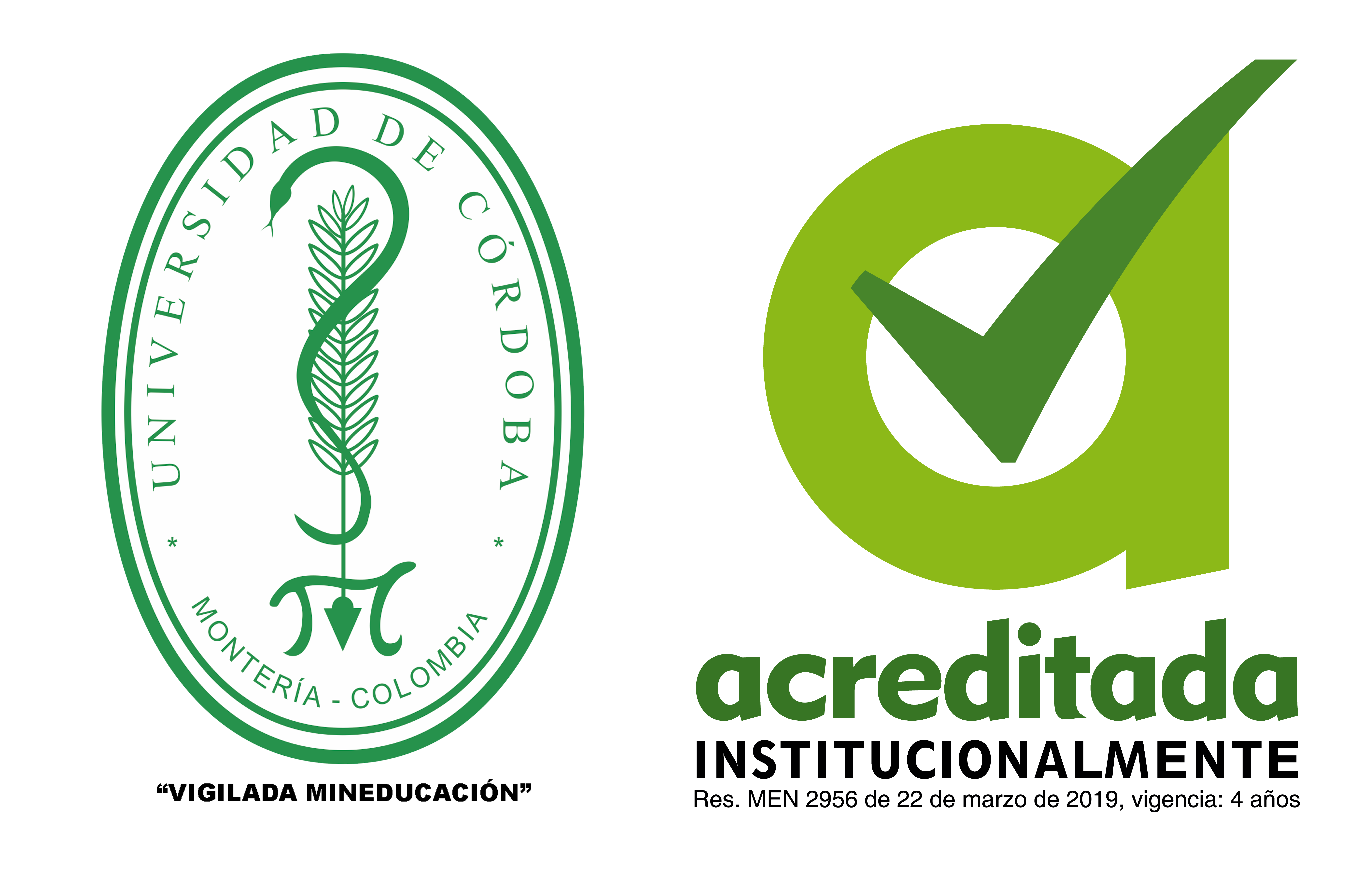Glocal knowledge to develop confidence in English speaking: An Action-Research study at a high school in Cartagena de Indias
El conocimiento glocal para alentar la confianza al hablar inglés: Investigación-Acción en una secundaria de Cartagena de Indias
The Assensus journal has a Creative Commons license. The citation, use and partial or total reproduction of the contents is authorized by citing sources. For more information, see https://creativecommons.org/licenses/by-sa/4.0/deed.en
Show authors biography
This paper presents action research on how global and local [glocal] knowledge can enrich the curriculum and motivate students. The problem consisted of the lack of participation due to topics and practices not very significant for secondary students of a semi-private school. The problem increased with the abrupt move to remote learning. To make learning situated, evocative, and expressive, 22 tenth grade participants consulted authentic printed and audio-visual texts in English on the historical-tourist sites of Cartagena de Indias. This approach prepared them to play the role of tour guides in English. After a stage of digital literacy to exploit digital resources, participants did interviews, reports and dramatizations. Surveys were conducted on learning preferences and self-evaluation of performance. The data answered the question, how can glocal knowledge contribute to meaningful learning and speaking? The results indicated that a) the themes of history and the city as a historical heritage of humanity sparked creativity, b) the introduction of glocal themes gave participants a voice and confidence to express themselves in English, c) motivation and commitment increased with this approach. On the other hand, Spanish and English language and cultures were treated equally, especially when the participants' arguments were more complex than their current command of English.
Article visits 268 | PDF visits
Downloads
- Albino, G. (2017). Improving Speaking Fluency in a Task-Based Language Teaching Approach: The Case of EFL Learners at PUNIV-Cazenga. Sage Open Journal. 1-11
- Anam, F., M. A Siti M.A, and M Hafidz. (2020). Task-Based Learning Used in Teaching Speaking at Senior High School. SELL Journal 6(1), 20-32
- Castillo, R., Silva-González, H. E., & Sanabria-Chavarro, L. (2018). Task-Supported-Teaching to Promote EFL Oral Fluency. GIST – Education and Learning Research Journal, (17), 106-12
- Chong S.W., & H. Reinders (2020). Technology-mediated Task-Based Language teaching: A qualitative Research Synthesis. Language Learning & Technology, 24(3), 70–86
- Crookes, G. (2012). Critical Pedagogy in Language Teaching. In L. Ortega, The encyclopedia of applied linguistics. Hawaii: Wiley Blackwell.
- Ellis, R. (2003). Task-Based Language Learning and Teaching. Oxford University Press.
- Ellis, R. (2020). Using tasks in language teaching. Cambridge University Press.
- At https://www.youtube.com/watch?v=jsBTQgE8uhw
- Escarbajal-Frutos, A. (2010). Pluriculturalidad, instituciones educativas y formación del profesorado. REIFOP, 13 (3), 95-103.
- Ellis, R. (2003). Task-Based Language Learning and Teaching. Oxford University Press.
- Ellis et al. (2020). Using tasks in language teaching. Cambridge University Press. At https://www.youtube.com/watch?v=jsBTQgE8uhw
- Kim, H. (2002). Implementing Task-Based Language Teaching. In: Richards J, Renandya W, (eds). Methodology in Language teaching: an anthology of current practice. Cambridge University Press.
- McDougald, J. S. (2013). The use of new technologies among in-service Colombian ELT teachers. Colombian Applied Linguistics Journal, 15(2).
- M.E.N. (2005). Bases Para Una Nación Bilingüe y Competitiva. Colombia.
- M.E.N. (2016 a.). Diseñando una propuesta de currículo sugerido de inglés de grado 6o a 11.
- M.E.N. (2016 b). Orientaciones y principios pedagógicos. Currículo sugerido de inglés, Grados 6o a 11.
- M.E.N. (2016 c). Derechos básicos de aprendizaje. Inglés Grados 6o a 11.
- Nunan, D. (1991). Communicative tasks and the language curriculum. TESOL Quarterly, 25(2), 279-295.
- Nunan, D. (1989). Designing Tasks for the Communicative Classroom. Cambridge: Cambridge University Press.
- Quintero Ojeda, L. M., & Sáenz Beira, V. (2015). Estrategia Task Based Learning para la Producción Oral en inglés Por medio de Second Life. Universidad De La Salle, Colombia.
- Torky, S. (2006). The Effectiveness of a Task-Based Instruction Program in Developing the English Language Speaking of Secondary Stage Students. Ph.D. Dissertation, Ain Shams University.
- Torusdağ, G., Tunç R.A. (2020). English Teachers’ Perceptions of Task-Based Language Teaching. Social and Humanities Sciences. (1)102-114.
- Wordsift. (2021). Online application of word clouds Yaprak, Z., & Kaya, F. (2020). Improving EFL Learners’ Oral Production through Reasoning-gap Tasks Enhanced with Critical Thinking.



